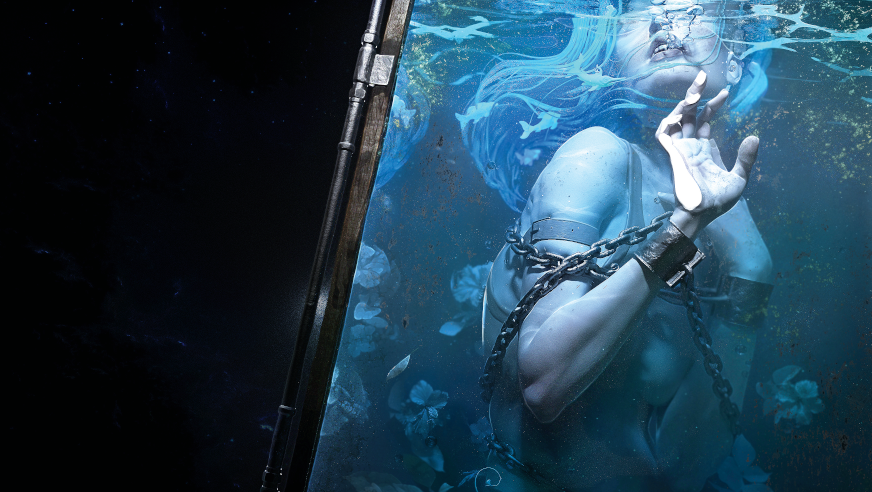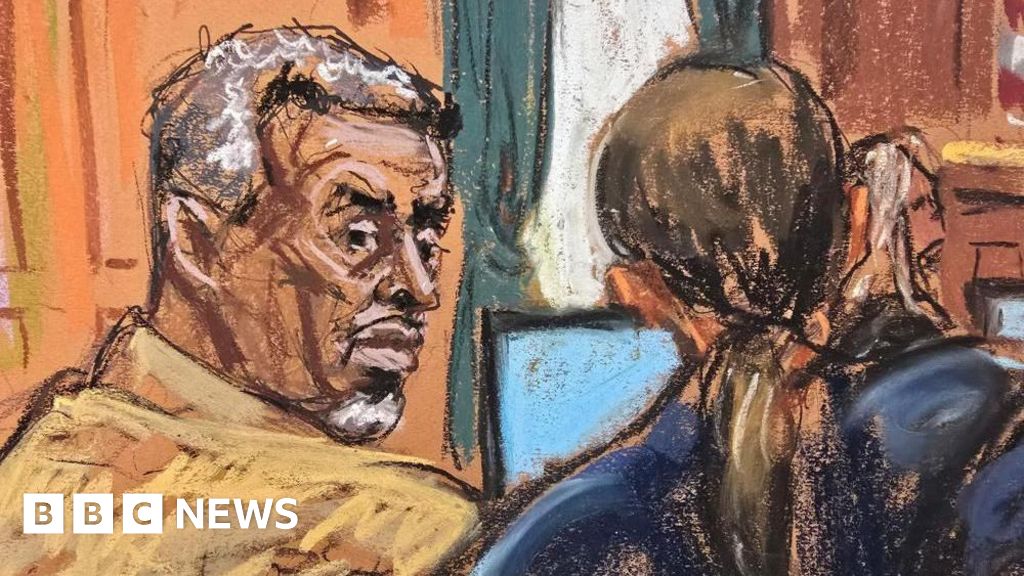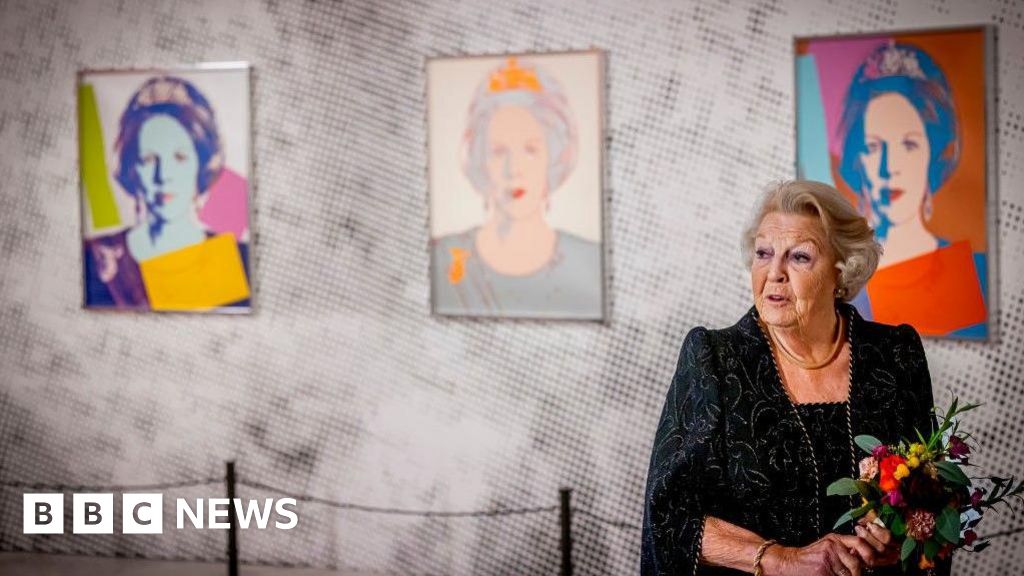A Heartfelt Connection Amidst Chaos in Gareth Evans Havoc

Nestled within the chaotic and brutally violent landscape of Gareth Evans latest film, Havoc, lies a poignant moment between two unexpected charactersa corrupt politician and a fierce gang boss. These two parents sit down for an intimate and unexpected heart-to-heart, shedding light on their weariness and the burdens they carry. The politician, Lawrence Beaumont, portrayed by the esteemed Forest Whitaker, harbors a deep desire to reconcile with his estranged son, Charlie, played by Justin Cornwell. Across from him sits a nameless yet powerful gang leader, referred to only by her rank in Triad society, big sister. Officially, her character is credited as Tsuis mother, and she is in the midst of executing a brutal revenge campaign for her son, Tsui (played by Jeremy Ang Jones), who tragically meets his end during a drug deal that spirals out of control.
This unexpected exchange between Beaumont and big sister offers a rare moment of introspection in a film that otherwise thrives on its relentless action. Havoc slows down, allowing a hush to settle over the chaos, and provides viewers with a spare yet deeply sentimental interlude. In a narrative where emotions are often seen as liabilities, these moments are crucial, connecting the audience to the characters internal struggles.
Evans filmmaking is characterized by this duality of intense action and quiet reflection. The moments of serenity are pivotal, contributing to the films gripping nature while underlining the emotional weight of the narrative. This dynamic is reminiscent of his previous work, such as the iconic The Raida film that redefined the action genre by presenting a relentless battle between an Indonesian police squad and a powerful gang within the confines of a high-rise apartment building. The film premiered at the Toronto International Film Festival in 2011, receiving universal acclaim for its groundbreaking fight choreography and emotional depth.
In a recent conversation with TIME, Evans elaborated on his creative process, emphasizing the importance of character development even in larger-than-life scenarios. He stated, Every time I've written anything, even though the characters always exist in a world and with circumstances that feel larger than life, there's always an emphasis on trying to find an element of the storyline or the relationship between the characters that I can latch onto. Evans exploration of parental relationships is particularly evident in his post-The Raid projects, including The Raid 2 and his collaboration with Netflix, Apostle. These films often reflect his personal fears and anxieties as a parent, allowing him to channel his experiences into compelling narratives.
In Havoc, the theme of parenting is further explored through the character of Walker, portrayed by Tom Hardy. Walker is a troubled detective grappling with guilt over his past, hired by Beaumont to find Charlie, who has been wrongfully accused of Tsuis murder and is now targeted by his vengeful mother. Walkers own struggles mirror those of Beaumont and big sister, as he attempts to navigate his complicated relationship with his ex-wife and their daughter. His efforts to reconnect with his child amid a dangerous profession add layers to the films exploration of parental love and regret.
The film delves deeper into the emotional turmoil faced by its characters, particularly as Beaumont grapples with the distance he feels from his son. The poignant question arises: At what point is it too late? Evans skillfully weaves this inquiry into the fabric of the narrative, allowing audiences to reflect on their own relationships and the paths they take with their children.
As the story unfolds, the dialogue between Beaumont and big sister serves as a crucial turning point. In a world where both characters wield power and assert dominance, their moment of vulnerability offers a stark contrast, highlighting their shared pain and regrets. As Evans notes, Everyones got shades of gray. Everyones fallible. This acknowledgment of humanity amidst the chaos is what makes Havoc resonate on a deeper level.
The action sequences in Havoc are nothing short of spectacular, showcasing Evans signature style. The film prioritizes character development and world-building while delivering high-octane thrills. One notable scene unfolds at the Medusa nightclub, where Charlie and his girlfriend, Mia (played by Quelin Sepulveda), become embroiled in a chaotic confrontation involving Walker and big sisters henchmen. Evans describes this sequence as a significant challenge, aiming to capture a seamless flow of action while maintaining character perspectives. The added difficulty of filming during the COVID-19 pandemic presented its own hurdles, requiring extensive testing and safety measures for the cast and crew.
Despite the backdrop of violence and chaos, the personal connections between characters are what elevate Havoc beyond mere spectacle. The brief moments of honesty shared by big sister and Beaumont serve as powerful reminders of the emotional stakes at play. Evans masterfully ensures that these moments feel organic, allowing the characters struggles to shine through against the tumult of their respective worlds.
Ultimately, Havoc presents a rollercoaster of action intertwined with profound emotional exploration. The weight of parental responsibilities and the consequences of choices made resonate throughout the film, leaving a lasting impact on audiences. As viewers are taken on this wild ride, they are invited to reflect on their own experiences and the complexities of familial relationships.



























